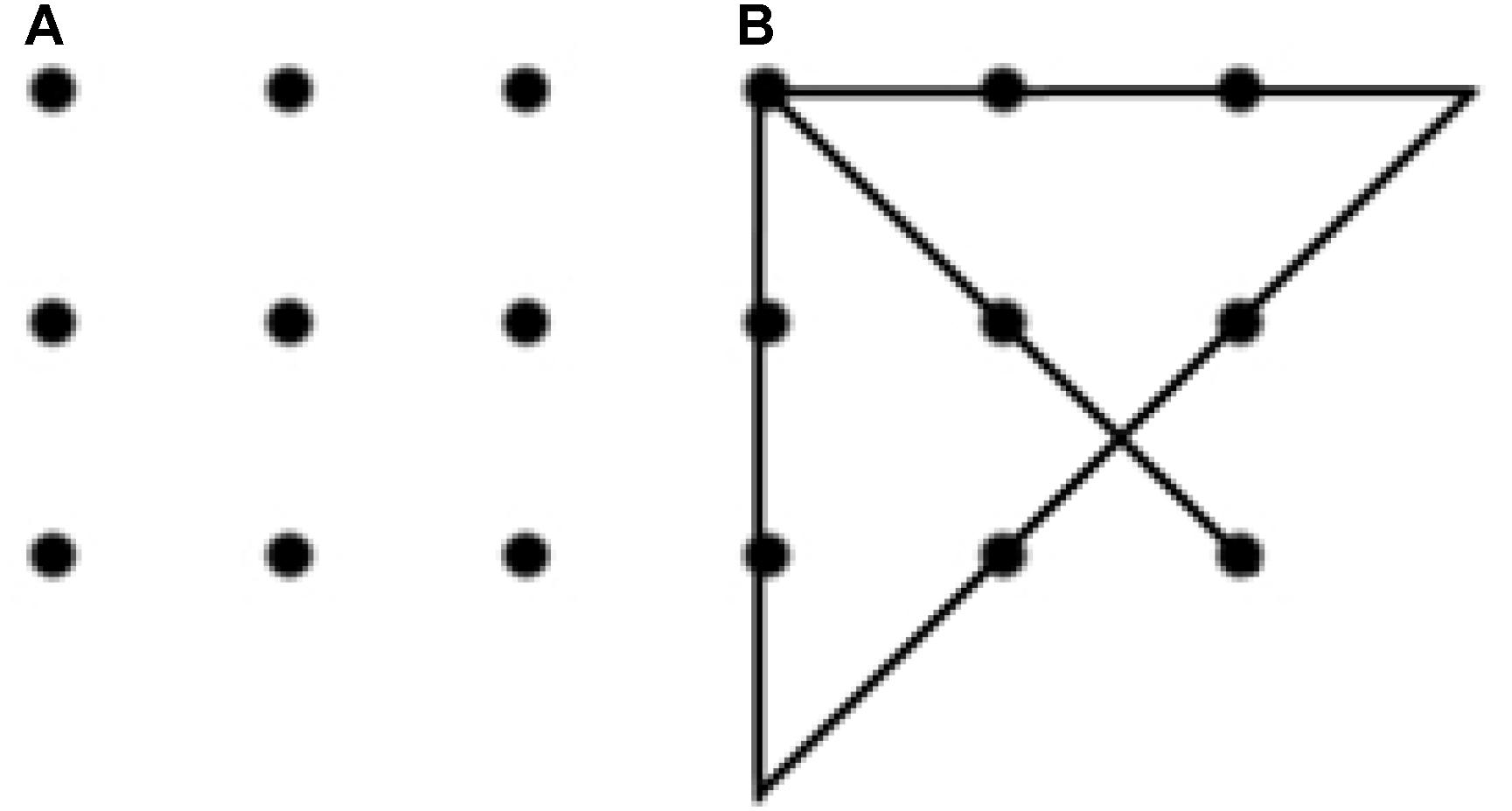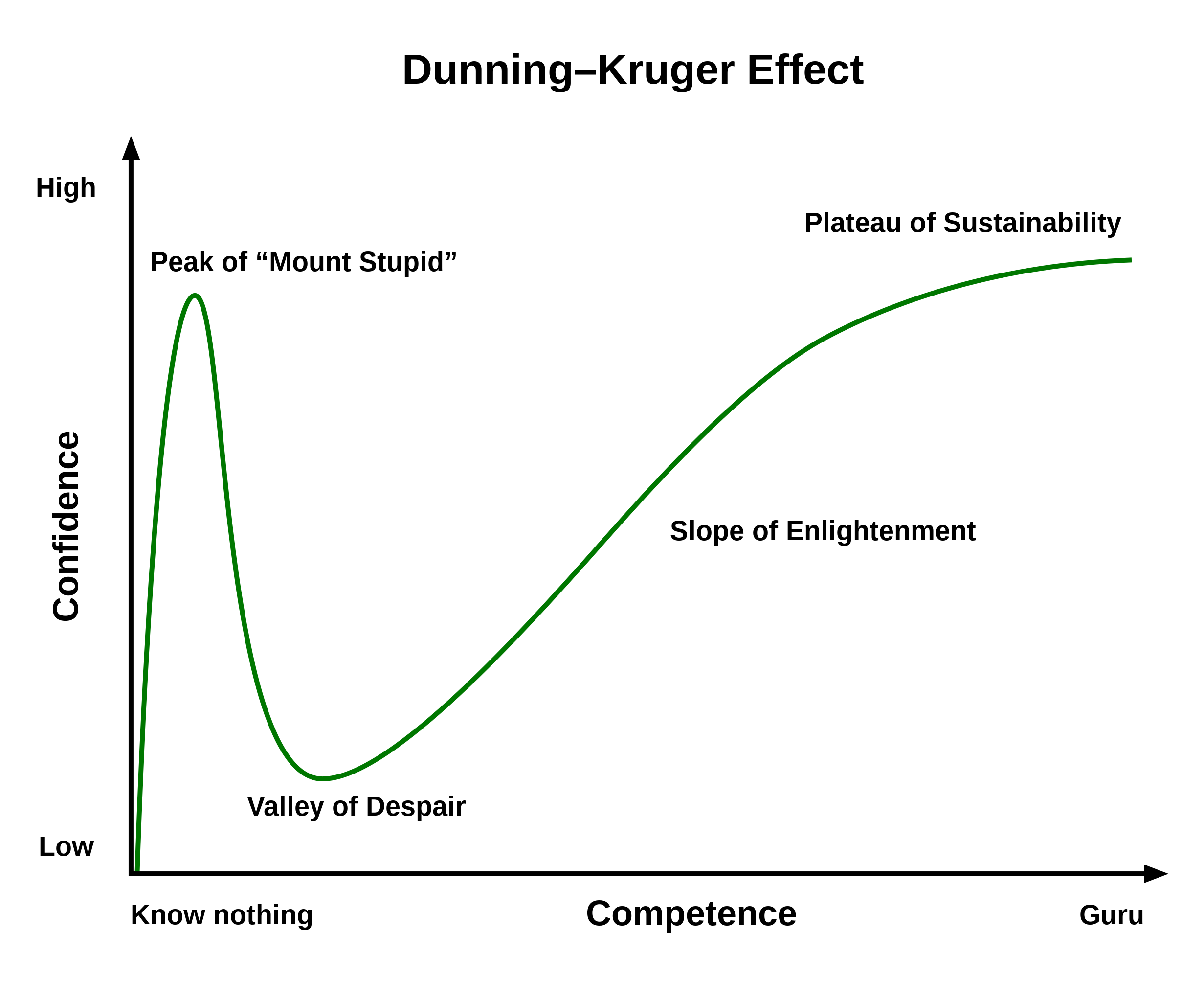Thinking
5.0(1)
5.0(1)
Card Sorting
1/44
Study Analytics
Name | Mastery | Learn | Test | Matching | Spaced | Call with Kai |
|---|
No study sessions yet.
45 Terms
1
New cards
Mental Images / Cognitive Maps
Mental image of event, person, object, etc.
* should be similar to real life representations (sometimes not)
* should be similar to real life representations (sometimes not)
2
New cards
Divergent Thinking
= brainstorming
= vomiting out many ideas
= vomiting out many ideas
3
New cards
Convergent Thinking
= choosing the best choice after brainstorming
4
New cards
Analysis
breaking down
ex. breaking an assignment down into small pieces (doing it step-by-step) or assigning a piece to each group member
ex. breaking an assignment down into small pieces (doing it step-by-step) or assigning a piece to each group member
5
New cards
Synthesis
putting all the pieces together
ex. in the final days before deadline, all group members put work together
ex. in the final days before deadline, all group members put work together
6
New cards
concepts and categories
= mentally grouping ideas
concepts = mental representations of categories
concepts = mental representations of categories
7
New cards
prototype
= template = best example of an object in a category
\
ex. a dog for a house pet
\
bad ex. a hedgehog for a house pet
\
ex. a dog for a house pet
\
bad ex. a hedgehog for a house pet
8
New cards
Superordinate Category
= the biggest category
* highest in the hierarchy
\
\
ex. vehicles
* highest in the hierarchy
\
\
ex. vehicles
9
New cards
basic category
= the mid-level category
\
ex.
(Vehicles > ) car, bus, truck
\
ex.
(Vehicles > ) car, bus, truck
10
New cards
Subordinate Category
= most specific category
\
ex.
(Vehicles > Truck > ) Dump Truck or Pickup Truck
\
ex.
(Vehicles > Truck > ) Dump Truck or Pickup Truck
11
New cards
Identify the Problem
Problem Solving Step #1
__**I**__DEAL
\
Cognitive Appraisal → “Is this actually a problem or am I overreacting?”
__**I**__DEAL
\
Cognitive Appraisal → “Is this actually a problem or am I overreacting?”
12
New cards
Define the Problem
Problem Solving Step #2
I__**D**__EAL
\
What specific *kind* of problem is it?
I__**D**__EAL
\
What specific *kind* of problem is it?
13
New cards
Explore Potential Solutions
Problem Solving Step #3
ID__**E**__AL
\
(Divergent thinking)
ID__**E**__AL
\
(Divergent thinking)
14
New cards
Act on the best solution
Problem Solving Step #4
IDE__**A**__L
\
(Convergent Thinking)
IDE__**A**__L
\
(Convergent Thinking)
15
New cards
Look at your progress
Problem Solving Step #5
IDEA__**L**__
\
(metacognition → thinking about your thinking)
IDEA__**L**__
\
(metacognition → thinking about your thinking)
16
New cards
Well-defined Problems
= aren’t necessarily easy to solve, but the way to solve it is clear (AKA you don’t have to be creative in finding a solution)
\
ex. complicated math problems
\
ex. complicated math problems
17
New cards
Algorithm
= logical, methodical procedure
* guarantees a solution
* BUT it’s slow
\
ex. going up and down each and every aisle in grocery store looking for ketchup
* guarantees a solution
* BUT it’s slow
\
ex. going up and down each and every aisle in grocery store looking for ketchup
18
New cards
Heuristic
= shortcut to help solve problems faster
* more error-prone than an algorithm
* BUT faster
\
ex. going straight to the sauce aisle for ketchup
* more error-prone than an algorithm
* BUT faster
\
ex. going straight to the sauce aisle for ketchup
19
New cards
Ill-defined Problems
= a type of problem where the solution path and even goal is not clear
(you don’t even know what problem you’re trying to solve)
* usually employs insight learning
ex. brain teasers
(you don’t even know what problem you’re trying to solve)
* usually employs insight learning
ex. brain teasers
20
New cards

Dunker’s Candle
= an example of an ill-defined problem
= a cognitive performance test, measuring the influence of functional fixedness on a participant's problem-solving capabilities
* solve the problem of a candle dripping wax onto a table using only what was in front of them; a box of thumb tacks and a book of matches
* Most people didn't see the creative way to solve the problem, which was to tack the box (from the tacks) to the wall and put the lit candle in the box.
* He then rearranged the task so that the tacks were originally outside of the box
* Duncker found that people generally solved this much easier, as they viewed the box as and object of use, instead of just a container to hold the tacks \n
= a cognitive performance test, measuring the influence of functional fixedness on a participant's problem-solving capabilities
* solve the problem of a candle dripping wax onto a table using only what was in front of them; a box of thumb tacks and a book of matches
* Most people didn't see the creative way to solve the problem, which was to tack the box (from the tacks) to the wall and put the lit candle in the box.
* He then rearranged the task so that the tacks were originally outside of the box
* Duncker found that people generally solved this much easier, as they viewed the box as and object of use, instead of just a container to hold the tacks \n
21
New cards

9-dot problem
= an example of an ill-defined problem
= a mathematical puzzle whose task is to connect nine squarely arranged points by four straight lines without lifting the pen
→ You should try to avoid getting locked into a certain perspective (AKA viewing it as being constrained by the edges of the points)
= a mathematical puzzle whose task is to connect nine squarely arranged points by four straight lines without lifting the pen
→ You should try to avoid getting locked into a certain perspective (AKA viewing it as being constrained by the edges of the points)
22
New cards
Tower of Hanoi
= an example of an ill-defined problem
= a simple mathematical puzzle often employed for the assessment of problem-solving and in the evaluation of frontal lobe deficit
* planning and working memory
= a simple mathematical puzzle often employed for the assessment of problem-solving and in the evaluation of frontal lobe deficit
* planning and working memory

23
New cards
Hobbits and Orcs (Wolf, Sheep, and Cabbage)
= an example of an ill-defined problem
* brain teaser
* brain teaser

24
New cards
Transfer
a strategy in problem solving
= using what was learned in past to solve similar problems
“Is there something similar I’ve solved in the past?”
* becomes easier as you get older and gain experience/wisdom
= using what was learned in past to solve similar problems
“Is there something similar I’ve solved in the past?”
* becomes easier as you get older and gain experience/wisdom
25
New cards
Incubation
a strategy in problem solving
= letting problem sit in the back of mind for awhile
= letting problem sit in the back of mind for awhile
26
New cards
Metacognition
a strategy in problem solving
= stop and evaluate how you’re doing
* correct if there is a better way
\
bad ex. dads not use GPS, failing to use metacognition (being stubborn, brute forcing a problem)
= stop and evaluate how you’re doing
* correct if there is a better way
\
bad ex. dads not use GPS, failing to use metacognition (being stubborn, brute forcing a problem)
27
New cards
Expertise
a strategy(?) in problem solving
= doing research, learning more then come back to problem
ex. getting stuck on a math problem, but after a lot of studying/classwork/asking questions and getting a better understanding of the unit, can come back to problem and it seems easy!
* helps make sense of a lot of info
* experts can solve harder problems and remember much more about their field
= doing research, learning more then come back to problem
ex. getting stuck on a math problem, but after a lot of studying/classwork/asking questions and getting a better understanding of the unit, can come back to problem and it seems easy!
* helps make sense of a lot of info
* experts can solve harder problems and remember much more about their field
28
New cards
Creativity
a strategy in problem solving
= looking at a problem from a different perspective
* avoiding a mental set
= looking at a problem from a different perspective
* avoiding a mental set
29
New cards
Mental Set
an obstacle in problem solving
= tendency to stick with the most familiar solution to a problem (algorithm/heuristic) and stubbornly ignore alternatives
= tendency to stick with the most familiar solution to a problem (algorithm/heuristic) and stubbornly ignore alternatives
30
New cards
Fixation
an obstacle in problem solving
= failing to think outside the box
\
* basically a synonym for “mental set,” just more general term
= failing to think outside the box
\
* basically a synonym for “mental set,” just more general term
31
New cards
Implicit Assumptions
an obstacle in problem solving
= understandings or expectations that are reasonably implied by the context
\
* assumptions that haven't been articulated
* made based on our own experiencewithout even realizing that that's what we're doing
= understandings or expectations that are reasonably implied by the context
\
* assumptions that haven't been articulated
* made based on our own experiencewithout even realizing that that's what we're doing
32
New cards
Functional Fixedness
an obstacle in problem solving
= only seeing a tool as its sole function
\
ex. needing a hammer, but failing to see a brick, log, textbook, etc. as functional alternatives
ex. In the Dunker’s candle problem: failing to see the box as a viable tool instead of just a container
= only seeing a tool as its sole function
\
ex. needing a hammer, but failing to see a brick, log, textbook, etc. as functional alternatives
ex. In the Dunker’s candle problem: failing to see the box as a viable tool instead of just a container
33
New cards
Representativeness Heuristic
and
Base Rate
and
Base Rate
one cause of faulty-decision making
= making **PROBABILITY** judgements of how likely an event is to occur in some category __based on__ the extent of how similar it is to the prototypical example of that category
\
* (AKA assuming that the prototype represents the entire category)
* associated with **prototype theory**
ex. meeting someone that looks like a stereotypical med student → you judge that their probably studying medicine (w/o hard evidence to support that assumption)
= making **PROBABILITY** judgements of how likely an event is to occur in some category __based on__ the extent of how similar it is to the prototypical example of that category
\
* (AKA assuming that the prototype represents the entire category)
* associated with **prototype theory**
ex. meeting someone that looks like a stereotypical med student → you judge that their probably studying medicine (w/o hard evidence to support that assumption)
34
New cards
Prototype
= the pinnacle example of something
35
New cards
Availability Heuristic
one cause of faulty-decision making
= tendency to use info that comes to mind quickly and easily when making decisions
→ AKA singular, memorable moments have an outsized influence on decisions
* often occurs when trying to make judgements about the **FREQUENCY** with which a certain event occurs
\
ex. when you win at slots, lots of flashing lights and music (memorable)
when you lose at slots, nothing happens (not memorable)
→ thus, you think you are more likely to win than not (which is false)
= tendency to use info that comes to mind quickly and easily when making decisions
→ AKA singular, memorable moments have an outsized influence on decisions
* often occurs when trying to make judgements about the **FREQUENCY** with which a certain event occurs
\
ex. when you win at slots, lots of flashing lights and music (memorable)
when you lose at slots, nothing happens (not memorable)
→ thus, you think you are more likely to win than not (which is false)
36
New cards
Interference (Stroop Effect)
a cause of faulty-decision making
= delay in reaction time between congruent and incongruent stimuli
ex. having a faster response at identifying the color of a word when the word is in that color than when it is not
= delay in reaction time between congruent and incongruent stimuli
ex. having a faster response at identifying the color of a word when the word is in that color than when it is not
37
New cards
Overconfidence Bias
a cause of faulty-decision making
= tendency to be more confident in one’s own abilities than is objectively reasonable
= tendency to be more confident in one’s own abilities than is objectively reasonable
38
New cards

Illusion of Control (Dunning-Kruger Effect)
a cause of faulty-decision making
= when a person’s lack of knowledge/skills in an area causes them to overestimate their own abilities
\
* AKA one’s own lack of knowledge prevents one from understanding one’s own incompetence
* the effect also causes professionals to think the task is simple for everyone, and underestimate their relative abilities, too
= when a person’s lack of knowledge/skills in an area causes them to overestimate their own abilities
\
* AKA one’s own lack of knowledge prevents one from understanding one’s own incompetence
* the effect also causes professionals to think the task is simple for everyone, and underestimate their relative abilities, too
39
New cards
Confirmation Bias
a cause of faulty-decision making
= tendency to look for and favor evidence that confirms ideas while avoiding contradictory evidence
= tendency to look for and favor evidence that confirms ideas while avoiding contradictory evidence
40
New cards
Belief Perseverance
a cause of faulty-decision making
= tendency to cling to **INITIAL** conceptions despite contrary evidence
= tendency to cling to **INITIAL** conceptions despite contrary evidence
41
New cards
Self-Serving Bias
a cause of faulty-decision making
= tendency for people to give themselves credit for success, but blame failures on outside causes
ex.
good grade → “I must’ve studied well”
bad grade → “Must’ve been bad luck/circumstances”
= tendency for people to give themselves credit for success, but blame failures on outside causes
ex.
good grade → “I must’ve studied well”
bad grade → “Must’ve been bad luck/circumstances”
42
New cards
Anchoring Bias
a cause of faulty-decision making
= tendency to be overly influenced by the first piece of information that we hear
* and using it as a frame of reference for future info as comparison
= tendency to be overly influenced by the first piece of information that we hear
* and using it as a frame of reference for future info as comparison
43
New cards
Framing
a cause of faulty-decision making
= how info is presented (context around info)
* can significantly affect judgement
* related to loss aversion and endowment effect
= how info is presented (context around info)
* can significantly affect judgement
* related to loss aversion and endowment effect
44
New cards
Loss Aversion Bias
a cause of faulty-decision making
= tendency to prefer avoiding losses than acquiring equivalent gains
* describes why pain of losing is psychologically twice as powerful as the pleasure of gaining
ex. losing $20 hurts more than gaining $20
* explains the Endowment Effect
= tendency to prefer avoiding losses than acquiring equivalent gains
* describes why pain of losing is psychologically twice as powerful as the pleasure of gaining
ex. losing $20 hurts more than gaining $20
* explains the Endowment Effect
45
New cards
Endowment Effect
a cause of faulty-decision making
= an emotional bias where individuals value an OWNED object more than its market value
* often is irrational
* is explained by __Loss Aversion__
= an emotional bias where individuals value an OWNED object more than its market value
* often is irrational
* is explained by __Loss Aversion__